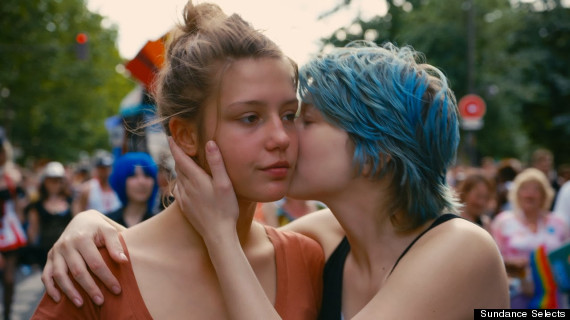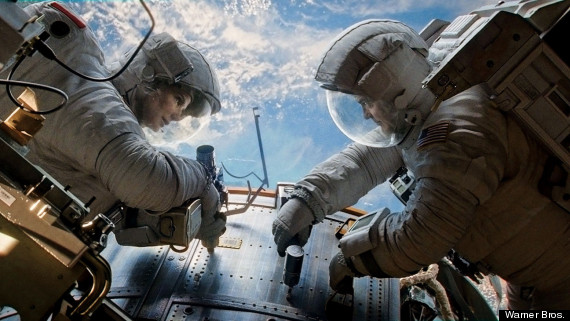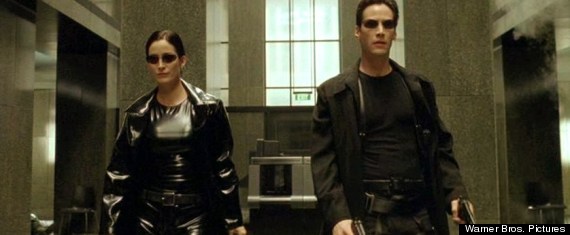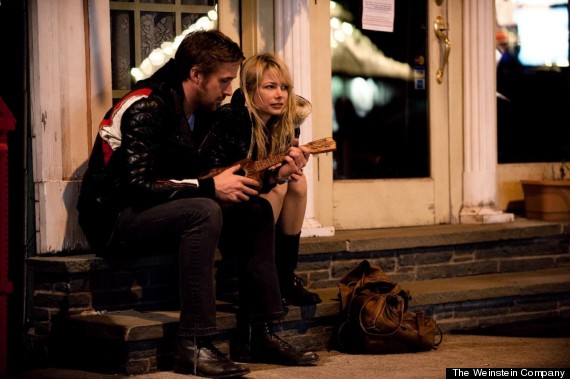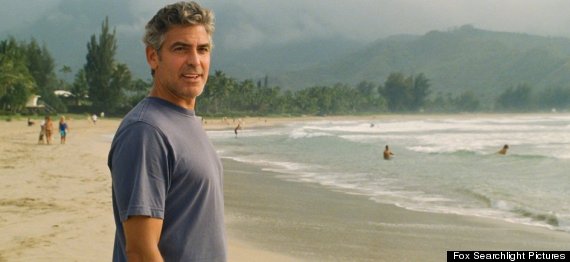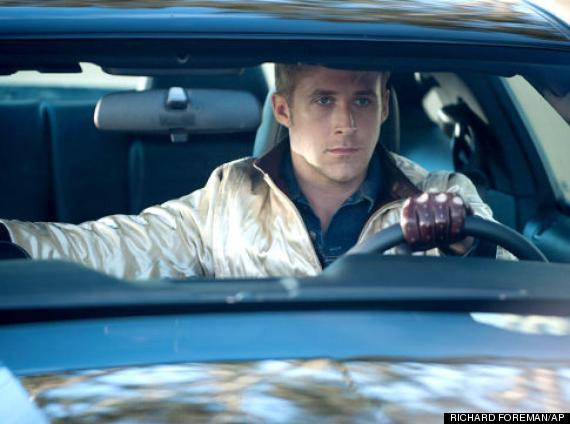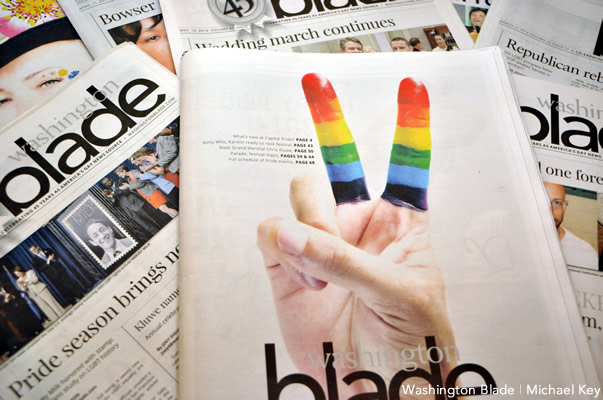‘Dog Day’ docs
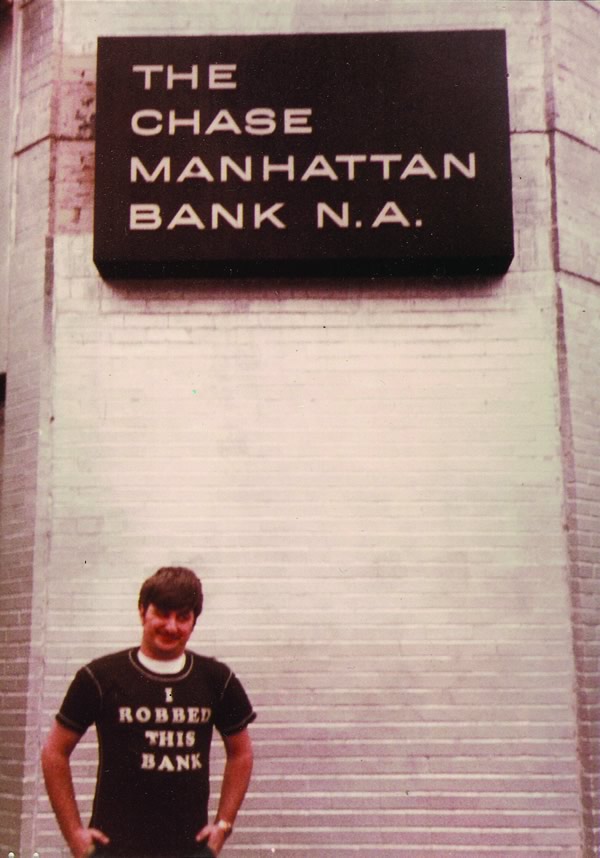
A still from ‘The Dog,’ a documentary that explores the life of John Wojtowicz, portrayed by Al Painco in the 1975 film ‘Dog Day Afternoon.’ (Photo courtesy AFI Docs)
The inspiring true story behind “Dog Day Afternoon,” a look at Greg Louganis’ life now, a con man who marries his partner in Washington — all are explored in documentaries slated for AFI Docs in the coming days.
This annual documentary film festival starts Wednesday and runs through June 22 at various venues in the D.C. area with screenings of several LGBT-themed films. Individual ticket prices range from $11-14. Tickets for the opening night screening and reception are $75.
The documentary film festival will screen 50 feature films and 21 short films. Four films are world premieres, two U.S. premieres and several East Coast premieres. The five-day festival is a popular event in the D.C. area with approximately 19,000 attendees last year. Full details on tickets, screen times and more are at afi.com/afidocs.
One of these 50 feature films screening is “The Dog,” directed by Allison Berg and Frank Keraudren. The piece delves into the true events of the classic 1975 film “Dog Day Afternoon,” which tells the story of John Wojtowicz, a man who robs a bank to pay for his partner’s sexual reassignment surgery.
The documentary interviews the real-life John Wojtowicz, played by Al Pacino in the 1975 film, and uses archival footage to capture New York City’s LGBT liberation movement of the 1970s. It screens Thursday at 3:45 p.m. and June 22 at 9 p.m. at the AFI Silver Theatre (8633 Colesville Rd., Silver Spring, Md.).
“We call this film a fucked up Forrest Gump story,” Berg says. “Wojtowicz is even more outrageous than the character Al Pacino played.”
Berg and Keraundren believe the documentary both examines Wojtowicz as a person and looks at America’s culture in the 1960s and 1970s in a different way.
“We truly unearthed footage that no one had seen,” Keraundren says. “We wanted to put this story in context. What we found was extraordinary.”
Berg and Keraundren say they didn’t begin making the documentary with a particular topic in mind. However, after meeting Wojtowicz in person they realized they had found something special.
“He was larger than life the second we met him,” Keraundren says. “The human aspect drew us in. It spoke to us and we thought it would speak to other people.”
Andrea Passafiume, festival programmer, thinks documentaries speak to people because of the human aspect.
“Truth is stranger than fiction,” Passafiume says. “It’s simple, compelling storytelling. Documentaries aren’t filled with special effects and CGI storytelling. It’s a simple human moment.”
“Back on Board,” another film on the schedule, tells the story of Olympic athlete Greg Louganis, the first male athlete to win diving events in consecutive Olympic games. Along with his Olympic career, Louganis is also gay and the film chronicles his private life, including his marriage to his partner. The film screens June 20 at 4:45 p.m. in the Portrait Gallery (8th and F streets, N.W.) and June 21 at 1:45 p.m. at the AFI Silver Theatre.
“An Honest Liar” documents illusionist James “The Amazin” Randi and how he mastered the art of illusion to entertain audiences and now uses his knowledge to expose con artists and psychics. The film also follows Randi as he marries his longtime partner in Washington. It screens June 20 at 4:30 p.m. in Goethe-Institut (812 7th St., N.W.) and June 21 at 9:30 p.m. at the AFI Silver Theatre.
Having a group of LGBT-themed documentaries to screen is something Passafiume says she likes to include.
“It makes me happy to have some LGBT films. I look at the program and say, ’Is this balanced?’ But there are a couple films where it’s not the primary theme.”
“112 Weddings” is one such film. It follows a filmmaker as he checks in with various married couples whose weddings he filmed over the years. One couple is lesbian.
Passafiume says films aren’t chosen specifically because they need to have a certain number of types or subjects in one category. She says thought-provoking and entertaining are the key elements she looks for.
“We select anything that has a way of telling a story in a different way that we haven’t heard before,” Passafiume says. “Marriage equality is a very topical thing. Greg (Louganis) has done incredible things as an athlete. But what happens after that?”
Berg says documentaries offer something that narrative film doesn’t — storytelling that’s real and hasn’t been dramatized.
“There are some things you just can’t make up.”
Mariah Cooper


